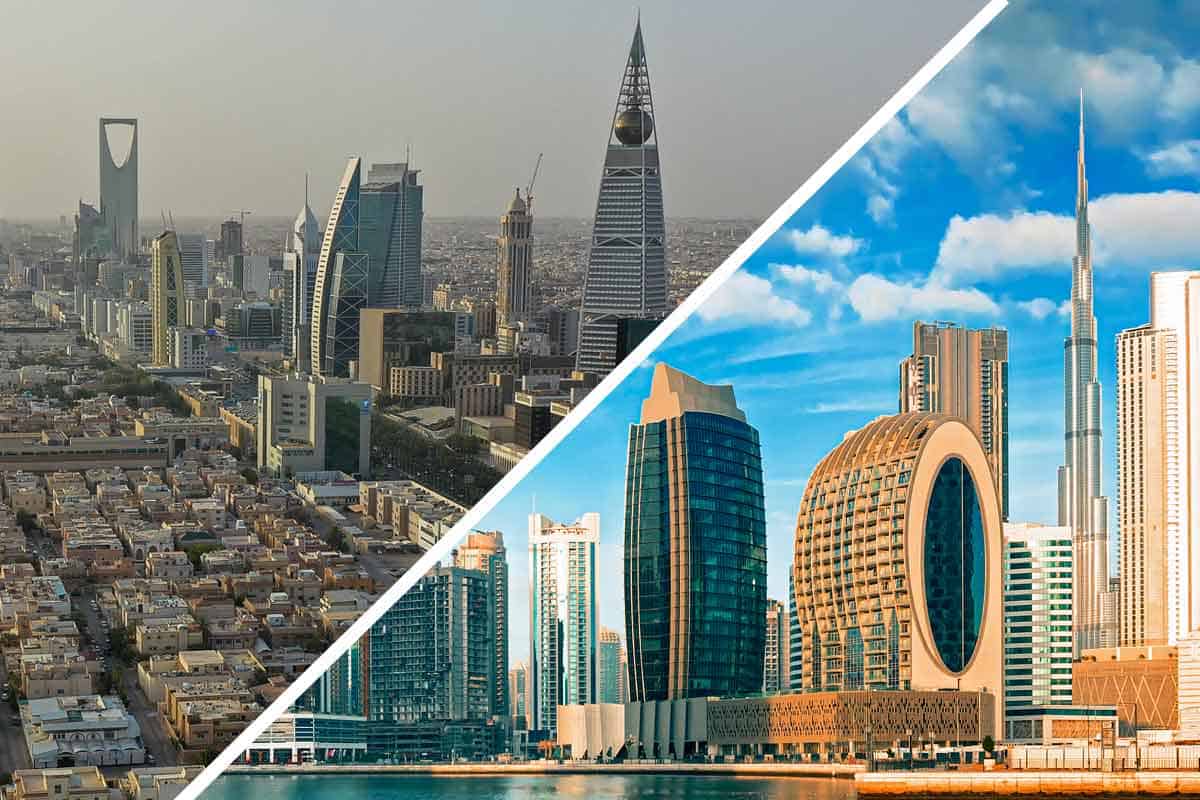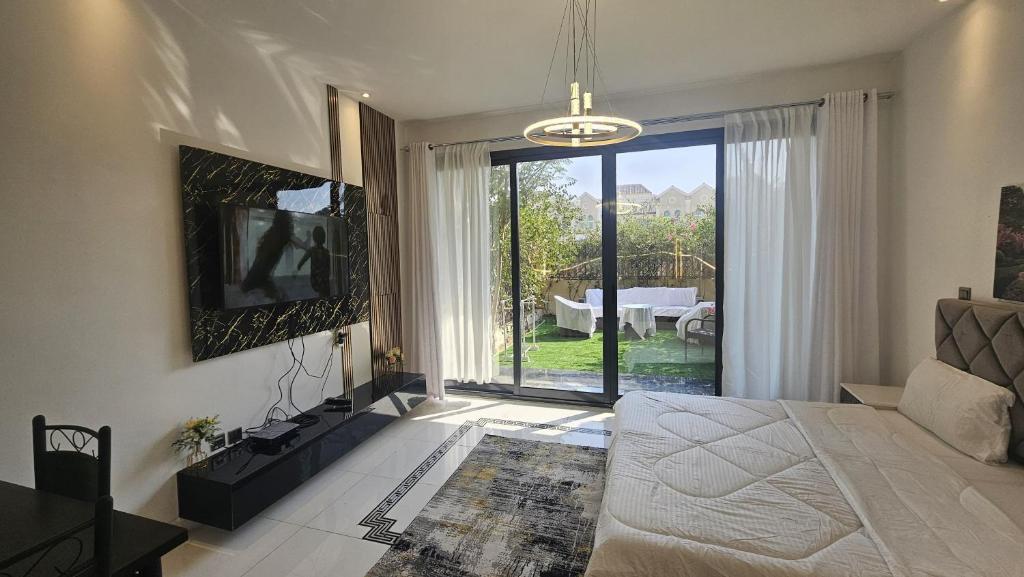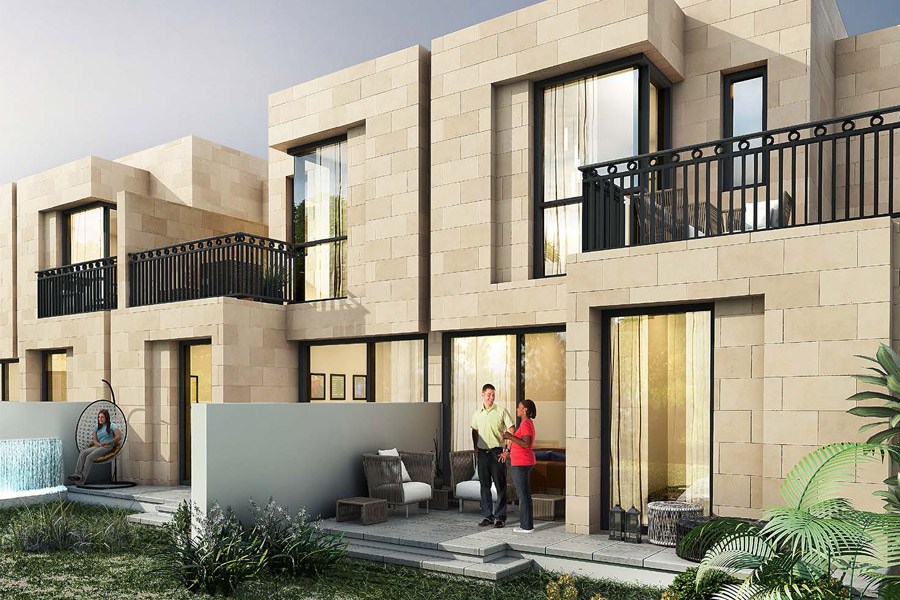A Complete Guide to Real Estate Development Stages in Dubai
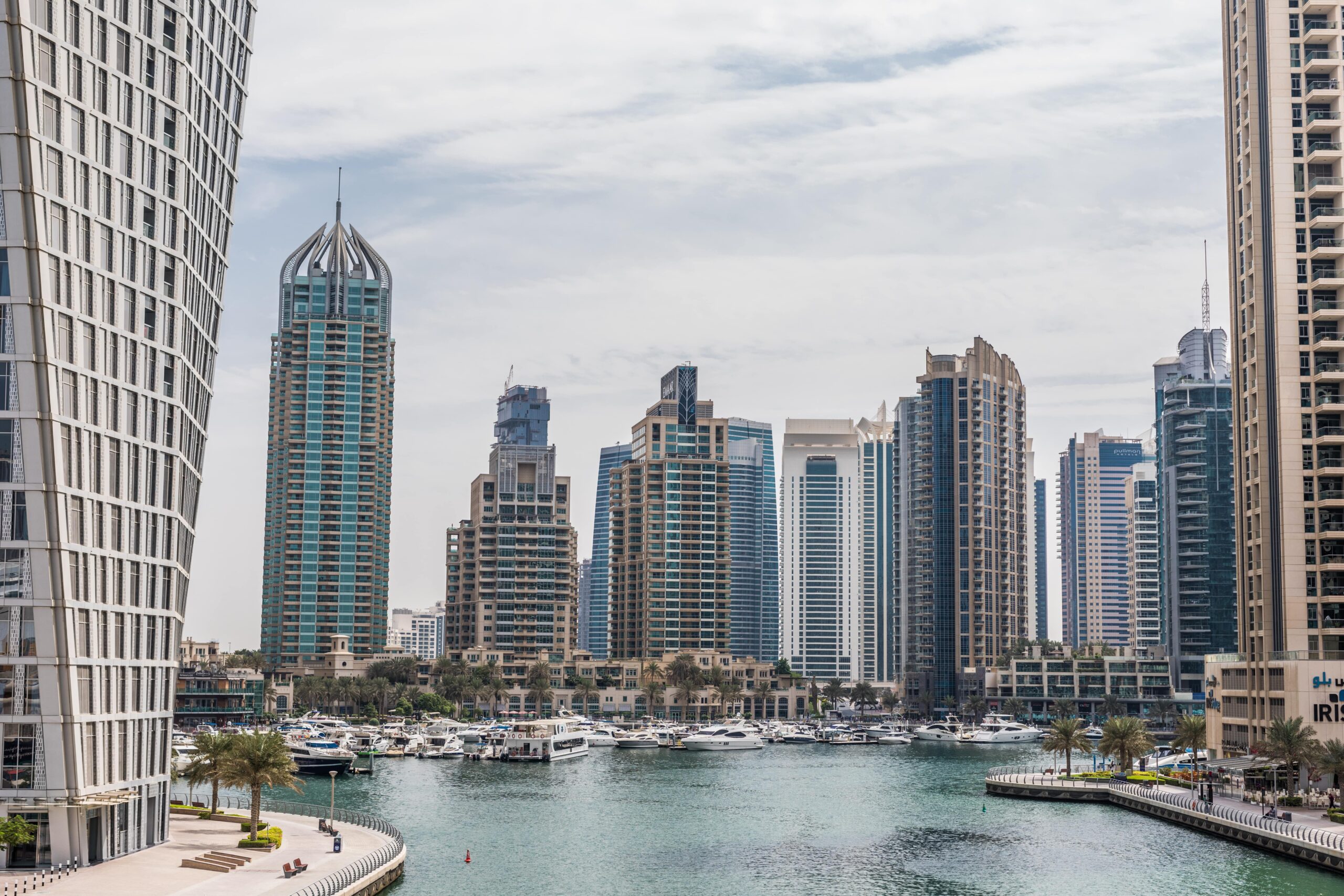
Dubai’s real estate market is one of the most profitable and rapidly evolving in the world. In 2023, property transactions in Dubai reached AED 528 billion ($144 billion), showcasing strong investor confidence and continuous demand.
From luxurious skyscrapers like the Burj Khalifa to vibrant communities like Dubai Marina, the city offers immense opportunities for developers. However, navigating the development process requires careful planning, legal compliance, and financial strategy.
This guide breaks down the seven key stages of real estate development in Dubai, along with cost estimates, alternative financing options, and common pitfalls to avoid.
Stage 1: Market Research and Feasibility Study
1.1 Market Research: Understanding Demand
Before initiating a project, developers must analyze:
Property Demand: Residential vs. commercial vs. mixed-use properties.
Target Audience: Local buyers, expatriates, or international investors?
Competitor Analysis: Studying existing and upcoming projects.
Price Trends: Comparing property prices across Dubai’s prime areas (e.g., Downtown Dubai, Business Bay).
Example: Dubai Marina’s popularity surged due to its waterfront lifestyle and high rental yields, making it a successful model for mixed-use developments.
1.2 Feasibility Study: Can the Project Succeed?
A feasibility study evaluates:
Projected Costs:
Land Acquisition: AED 500 – 1,500 per sq. ft. in prime areas.
Construction: AED 500 – 1,200 per sq. ft. for high-end projects.
Permits & Legal Fees: AED 50,000 – 500,000, depending on project size.
Marketing: AED 100,000 – 2 million for digital and offline campaigns.
Return on Investment (ROI): Comparing rental yields vs. resale value.
Legal Considerations: Compliance with Dubai’s Real Estate Regulatory Agency (RERA).
Common Pitfall: Underestimating approval timelines – Government approvals may take 3 to 12 months, impacting project schedules
Stage 2: Land Acquisition and Legal Approvals
2.1 Buying the Right Land
Freehold Zones: Available for international investors (e.g., Dubai Marina, Downtown Dubai).
Leasehold Zones: Restricted to UAE/GCC nationals (e.g., Deira, Jumeirah).
Ways to Acquire Land:
• DLD Auctions (Competitive bidding process).
• Private Sales (Direct negotiations).
• Government Land Grants (For mega projects).
2.2 Legal Approvals: The Compliance Checklist
Dubai Land Department (DLD): Registers the property and issues land titles.
RERA: Ensures project compliance with Dubai real estate laws.
Dubai Municipality (DM): Approves zoning, safety codes, and permits.
Dubai Electricity and Water Authority (DEWA): Utility connections.
Roads and Transport Authority (RTA): Access roads and parking approvals.
Estimated Approval Costs: AED 50,000 – 300,000.
Example: The Palm Jumeirah faced zoning and environmental challenges but successfully obtained approvals to become one of Dubai’s most iconic developments.
Common Pitfall: Failing to check zoning regulations, leading to costly redesigns.
Stage 3: Design and Planning
3.1 Architectural & Structural Planning
Developers collaborate with architects to:
• Create concept designs and 3D models.
• Develop detailed floor plans and structural blueprints.
• Integrate sustainable features (e.g., solar panels, smart cooling systems).
3.2 Getting Planning Approvals
Dubai Municipality (DM): Approval for building height, fire safety, and environmental impact.
Trakhees (For Free Zones): Approval for developments in JAFZA, DIFC, etc.
Estimated Design & Approval Costs: AED 500,000 – 3 million.
Common Pitfall: Not considering sustainability laws, leading to costly redesigns.
Stage 4: Financing and Investment
4.1 Self-Funding vs. External Financing
Large Developers: Use internal funds or pre-sales revenue.
Small Developers: Seek bank loans or investor partnerships.
4.2 Alternative Financing Options
Real Estate Investment Trusts (REITs): Investors pool money into large-scale projects.
Crowdfunding Platforms: Allow small investors to fund projects.
Example: Emaar Properties successfully raised funds through REITs and private investors to develop Downtown Dubai.
Common Pitfall: Relying too much on debt, leading to financial strain.
Stage 5: Construction and Project Execution
5.1 Selecting Contractors & Suppliers
Developers hire:
• Main contractors for construction.
• MEP specialists for mechanical, electrical, and plumbing work.
• Interior designers & landscapers for final touches.
5.2 Ensuring Quality & Safety
• Dubai Municipality inspections at every stage.
• Compliance with health, safety, and labor laws.
• Estimated Construction Costs: AED 500 – 1,200 per sq. ft.
• Common Pitfall: Poor contractor selection, leading to delays and budget overruns.
Stage 6: Marketing and Sales
6.1 Pre-Sales (Off-Plan Sales)
• RERA regulates off-plan sales, ensuring transparency.
• Developers use real estate agents, digital marketing, and property exhibitions.
6.2 Marketing Strategies
Digital: Social media, SEO, and PPC ads.
Traditional: Billboards, newspapers, and TV ads.
Estimated Marketing Budget: AED 100,000 – 2 million.
Common Pitfall: Ineffective marketing strategies, leading to low buyer interest.
Stage 7: Handover and Property Management
7.1 Final Inspections & Handover
• Snagging inspections ensure quality before buyer handover.
• Dubai Municipality’s final clearance for safety and utility approvals.
• Final Registration Costs: AED 10,000 – 50,000 per unit.
7.2 Long-Term Property Management
Facility Management (FM) Contracts: Ensure maintenance.
Owners’ Association Regulations: Govern shared community areas.
Example: Burj Khalifa’s facility management team ensures seamless maintenance of the world’s tallest building.
Common Pitfall: Neglecting post-handover service, leading to buyer dissatisfaction.
Conclusion: Key Takeaways for Developers
• Market research and feasibility studies prevent costly mistakes.
• Proper legal approvals ensure smooth project execution.
• Alternative financing options like REITs and crowdfunding can boost funding.
• Marketing and pre-sales strategies are crucial for success.
• Sustainable development is no longer optional it’s a necessity.
• With Dubai’s booming real estate market, strategic planning and execution can turn visionary projects into successful landmarks.
FAQs
1. What are the most profitable areas for real estate investment in Dubai?
Downtown Dubai, Dubai Marina, and Business Bay offer high rental yields (6-8%).
2. How long does it take to complete a real estate project in Dubai?
On average, 1.5 – 3 years, depending on project size and approvals.
3. Are there tax benefits for real estate developers in Dubai?
Yes, Dubai has zero property tax, but 5% VAT applies to commercial properties.
RELATED POSTS
RECENTLY LISTED PROPERTIES
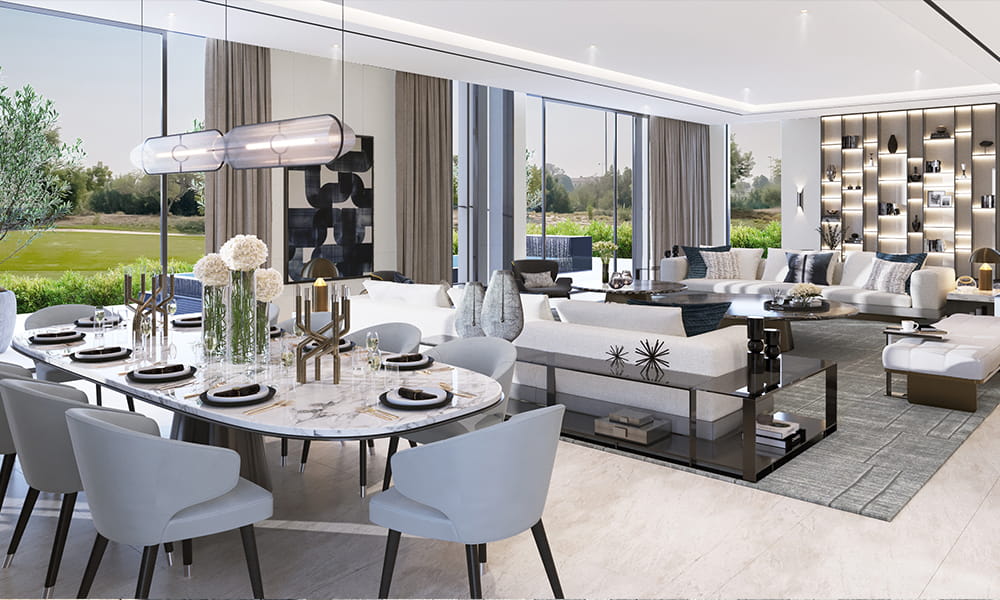
Signature Mansions by Signature Developers
Jumeirah Golf Estates
18.5
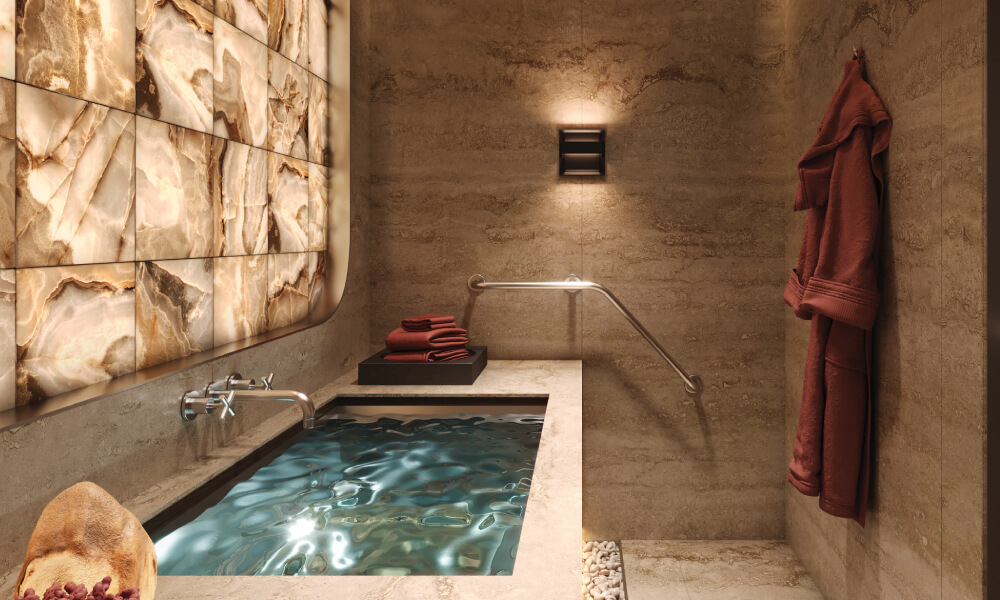
MAG 777 by MAG Group
Dubai Sports City
777
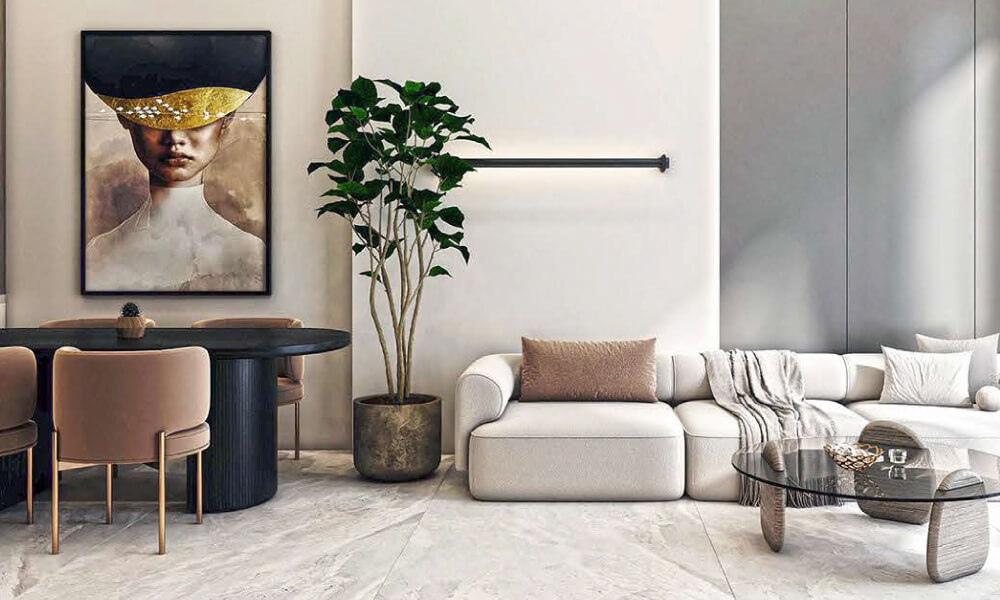
Al Serh Residences 11 by Al Asak Development
Jumeirah Village Circle(JVC)
675.8
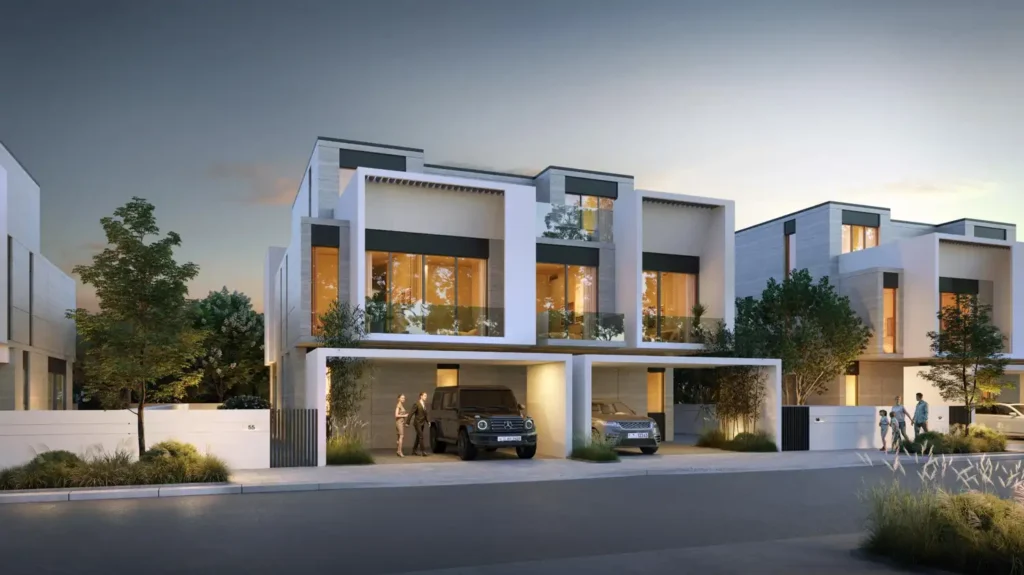
Dar Global Villas at Jumeirah Golf Estates, Dubai
Jumeirah Golf Estates
5900000
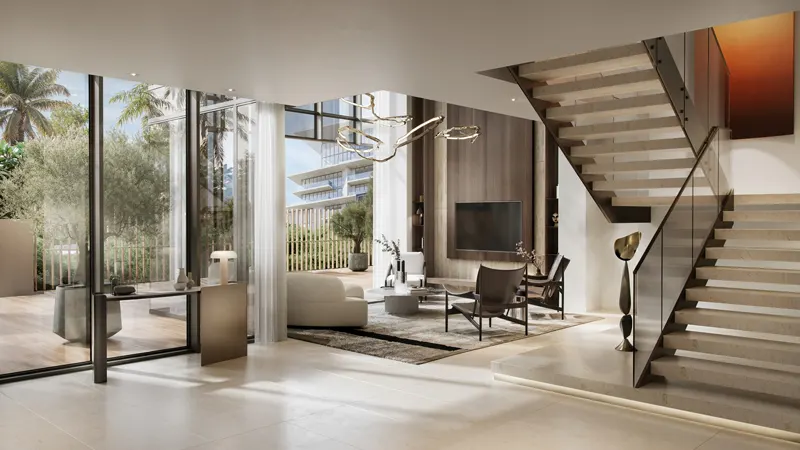
City Walk Crestlane at City Walk, Dubai - Meraas
City Walk Crestlane
2.6
